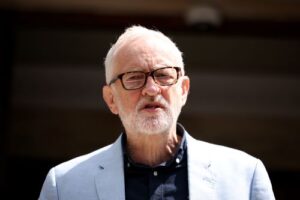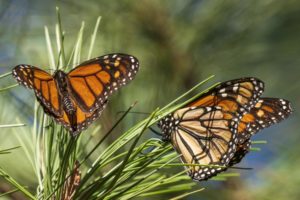Elder members of the Ho-Chunk Nation gathered Tuesday in Black River Falls, Wisconsin, to record the tribe’s language to preserve the history for the next generation.
Ho-Chunk Nation public relations officer Casey Brown says it’s critical to capture the voices and dialects of speakers because many of the elders are over 75 years old. “It’s very important that we do these things now,” Brown told CNN.
The Language Conservancy, an organization that seeks to preserve languages so they don’t go extinct, worked with elders to make audio recordings of them speaking in their indigenous language.
Wil Meya, CEO of the conservancy, told CNN a primary goal is to enable youth to actively “…engage in a meaningful way in the learning of their language” to help ensure their ancestral history is not lost.
Ho-Chunk Nation tribal elder Elliott Garvin, who participated in the recording, said he wanted to restore what was lost – now that the language is often only spoken during traditional ceremonies.

Garvin said when he was a toddler, he heard the Ho-Chunk language used every day at home.
“We heard nothing but our language, so that’s the only language we knew until we went to school,” Garvin told CNN. “Back in those days, everybody knew the language.”
The recordings will be uploaded to the Ho-Chunk online dictionary and later added to an app students can download to use as a resource when learning the tribal language and history – a history Brown says dates back to the Ice Ages.
“The biggest thing is the generational learning,” Brown said. “We have stories that talk about the glacier periods and how they were,” he added.
Jessi Falcon, a language education coordinator for the Ho-Chunk Nation, says the tribe’s language was almost extinct.
“The first language speakers of our tribe are all grandparents or more like great-grandparents today,” Falcon told CNN. She added these elders only have people in their generation to talk to in their native language.
The tribe says it has ancestral lands in Wisconsin, Minnesota, Iowa, Missouri and Illinois.
Meya says his organization is happy to be a bridge between elders and the next generation.
The Language Conservancy works with over 50 Indigenous organizations and tribes in the US, Canada, and Australia to preserve their history through preserving language.




